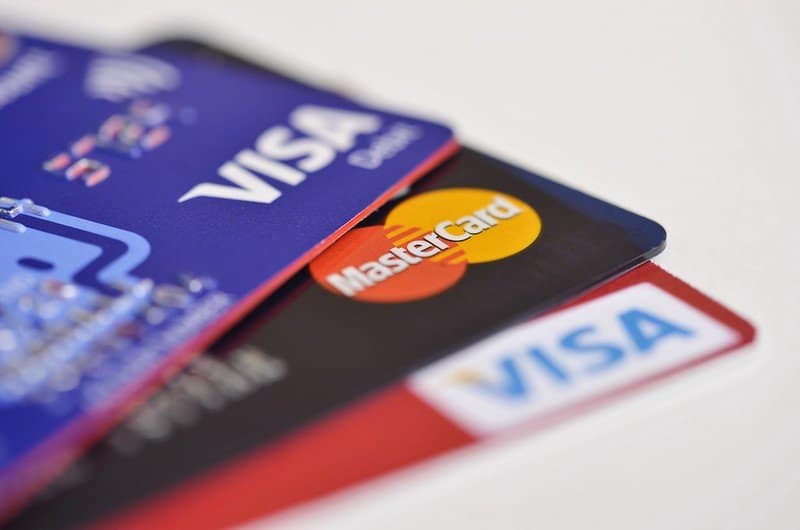How To Know If You’re Being Pillaged By a Payment Gateway
Last Updated on June 1, 2020 by
Retail merchants, ecommerce merchants, and restaurants — really, anyone who accepts credit cards as a form of payment — are being nickeled-and-dimed these days, hit with different fees and surcharges on their payment gateway, many of which the acquiring bank and merchant services salesperson is hoping they won’t notice.
Credit card companies are notorious for surcharging the hell out of a merchant and adding a lot of line items at the end of a merchant statement each month. They often seem to count on the fact that merchants won’t read the full statement, won’t remember what it’s for, or think that each line item is small enough that they won’t question it. The problem is, those fees can add up month after month, hitting you with some needless charges and taking money out of your bottom line.
Your goal is to find and eliminate as many of these line items as you can and keep the money in your own budget. Some of them you won’t be able to because they’re a standard charge that everyone pays. Others are completely negotiable and you may be able to reduce them if not outright eliminate them just by knowing what to look for.
Here are five signs to tell if you’re being ripped off by a payment gateway or credit card processor.
1. You’re in a “tiered rate” plan

For example, says Due.com, debit cards can have a direct cost of 0.05%, but be placed into a pricing tier that charges 1.69%. That doesn’t sound too bad until you realize the processor and sales agent are making that 1.64% themselves.
2. Your bank is your credit card processor
Banks are not known for their competitive pricing when it comes to merchant accounts. A big reason is because only a few banks actually process credit cards themselves; the rest are resellers for credit card payment companies. And they’re not splitting the profits they make off of you. No, they’re charging a higher markup so they can each make their normal rates.
The more people who have their fingers in your pie, the more they’re going to take. Your best bet is to work directly with a credit card processor and not get your bank involved at all.
3. There are cancellation fees on your contract
Have you ever had to cancel a mobile phone contract only to be told that you have to pay a cancellation fee that amounts to your remaining contract balance? Some credit card processors have cancellation fees anywhere from $250 to several thousand dollars.
This is done to extort your loyalty to that credit card processor. A salesperson has the ability to waive that when you sign a contract, and if they’re doing a good job servicing your account, they shouldn’t have to resort to these measures to keep you around. Ask them to waive it or find a processor that won’t charge it. You don’t have to leave at the drop of a hat, but you at least want that option should you need to.
4. You’re renting your equipment
Credit card processing equipment is inexpensive these days. The little black terminals you see in stores are anywhere from $100 – $300 if you buy it outright.
But your rental fees will easily exceed the original purchase costs and you’ll be sinking money into equipment that you could have paid for in a matter of months. Depending on your merchant services provider and bank, you could spend as much as $3,000 over four years for the little box that normally costs 10 percent of that.
5. You got a bunch of free stuff from your payment gateway provider
Other merchant service providers and acquiring banks will promise you free stuff — Free credit card processor! Free modem! Free toaster oven! — if you sign up with them. But that equipment wasn’t free. Someone got paid to make it, someone got paid to ship it, someone got paid to put it in your hands.
That money has to come from somewhere, and it doesn’t come from giving you the lowest rates possible. Even if your interchange rates are low, there are other fees that pad your monthly statement and you end up paying for all that free stuff anyway. Skip the free stuff, buy your own equipment, and find a merchant service provider that can give you a low, competitive rate without all the padding.
If you’re not careful, your gateway provider can rip you off. Corepay can help you figure out how to reduce your costs and provide you with a reliable credit card processing service. For more information, please visit our website or call us at (866) 987-1969.
Photo credit: Jean Leon Gerome Ferris (Wikimedia Commons, Public Domain)
We appreciate you following Corepay’s blog. Let’s collaborate, send us your article suggestions, questions, and/or feedback to: [email protected].


